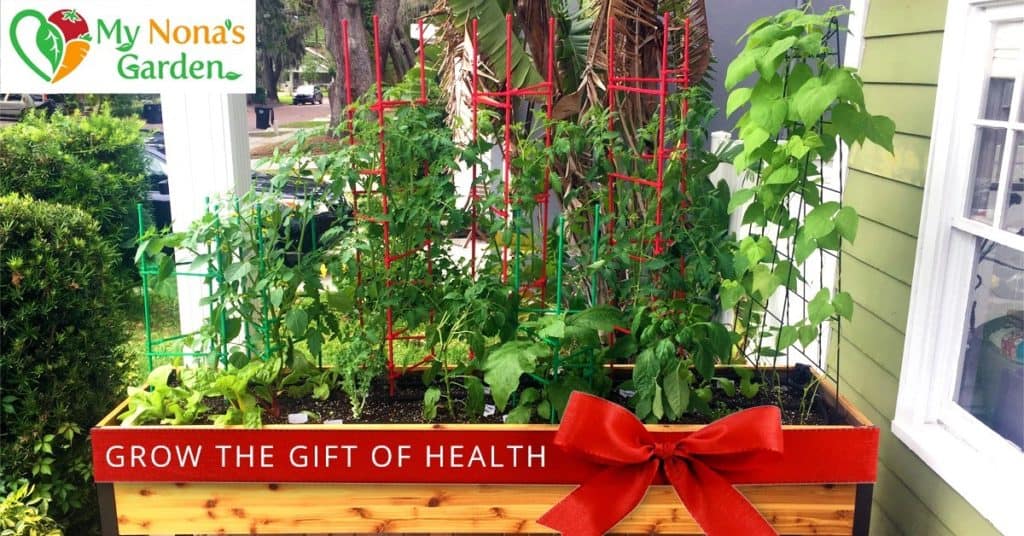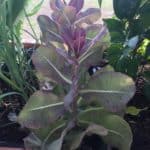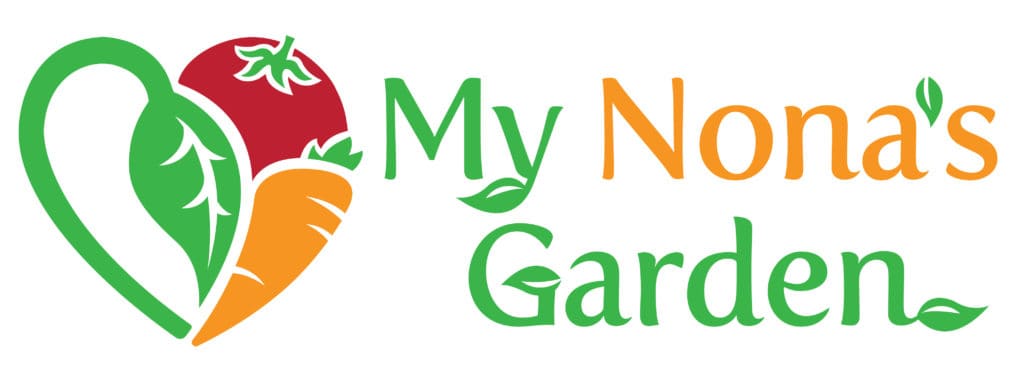
The healing properties of foods have existed since the beginning of time, so how much do people really know about the nutritional value of the foods eaten every day? The old adage, “You are what you eat,” turns out to be true. As a society, we have spent the last 60 years figuring out how to make food convenient rather than healthy. We package food to make it portable and last longer with chemicals and preservatives. Drive-through options are more convenient than taking the time to cook a meal. Each packaged food has a paragraph of unrecognizable ingredients that require a PhD to decipher. This is now considered normal for many families.
What has the fast-food revolution done to our society? It has increased obesity and disease while negatively affecting overall health. For generations, we have been disconnected from our food source. When everything is given to you in a package, do you appreciate where it comes from? Did you know it takes up to four months to produce a head of broccoli? After growing your own head of broccoli, there’s an appreciation for the energy it takes to produce and a respect for ensuring it gets eaten while it’s fresh.
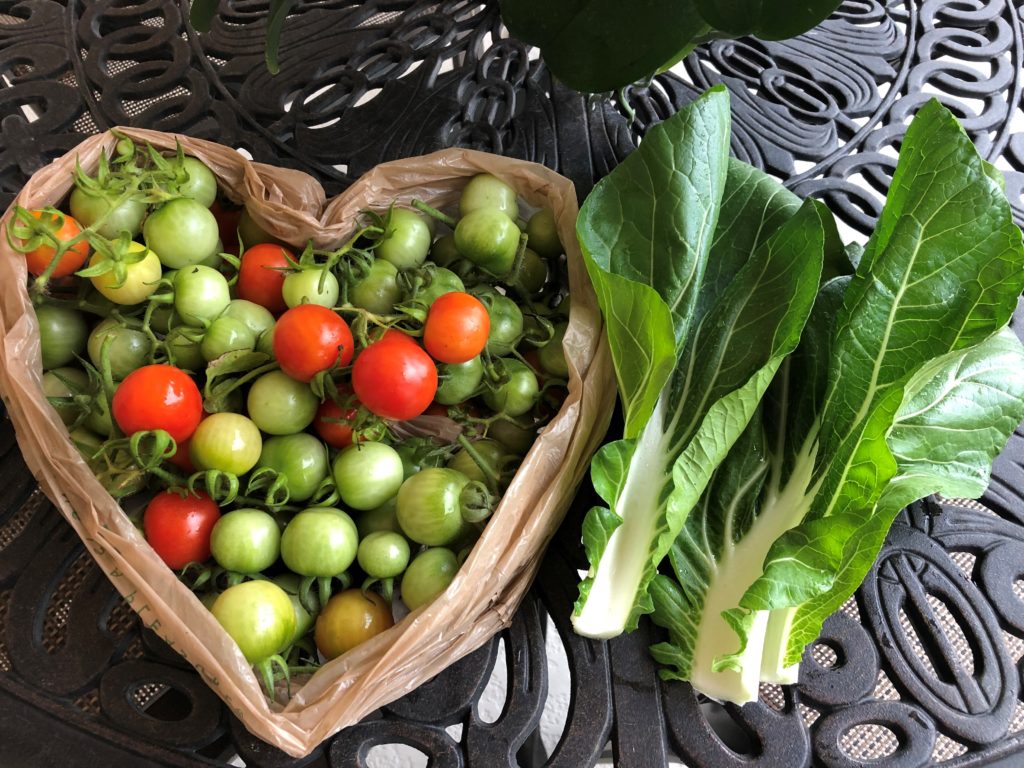
Timely-harvested vegetables are not only more nutritious, they also taste better. Taste is equivalent to nutritional value in many cases. A tomato fresh from the garden has a more robust flavor and is typically higher in nutrient density than one from the grocery store. Even an organic grocery store tomato is typically picked green, has traveled a distance in a hot truck, and has sat on the grocery store shelf for some time. Each step of the journey reduces the nutrient density of tomatoes and other vegetables that are readily available to us.
Most fresh foods have medicinal qualities, but if the awareness isn’t there, then the food is not used to its fullest potential. For example, it’s possible to help a headache by drinking water and hydrating or eating a handful of raw walnuts. Is it better to give that a try, or reach for a pill?
The quick fix for weak nails is to get a vitamin supplement with calcium. The other option is to eat spinach, bok choy or other high-calcium greens. For centuries, herbs have had medicinal qualities, and many cultures cook with herbs by the handful where we might use ¼ teaspoon in a recipe.
We should look to the foods that are available in our own backyard to nourish our bodies in the specific ways that we need. This requires a greater understanding of the benefits of the foods available.
It can be overwhelming trying to find a place to start. The term “superfood” has been coined to identify foods that are nutrient-rich. Dark, leafy greens such as kale, spinach and arugula contain folate, zinc, calcium, iron and more! Consuming these nutrients regularly can help prevent chronic disease. Berries are antioxidants, anti-inflammatory, and contain fiber along with vitamins C and K, just to name a few of the beneficial nutrients. Berries can help reduce the risk of heart disease and cancer. Green tea, legumes, nuts and seeds are just a few more superfoods that are beneficial to eat regularly.
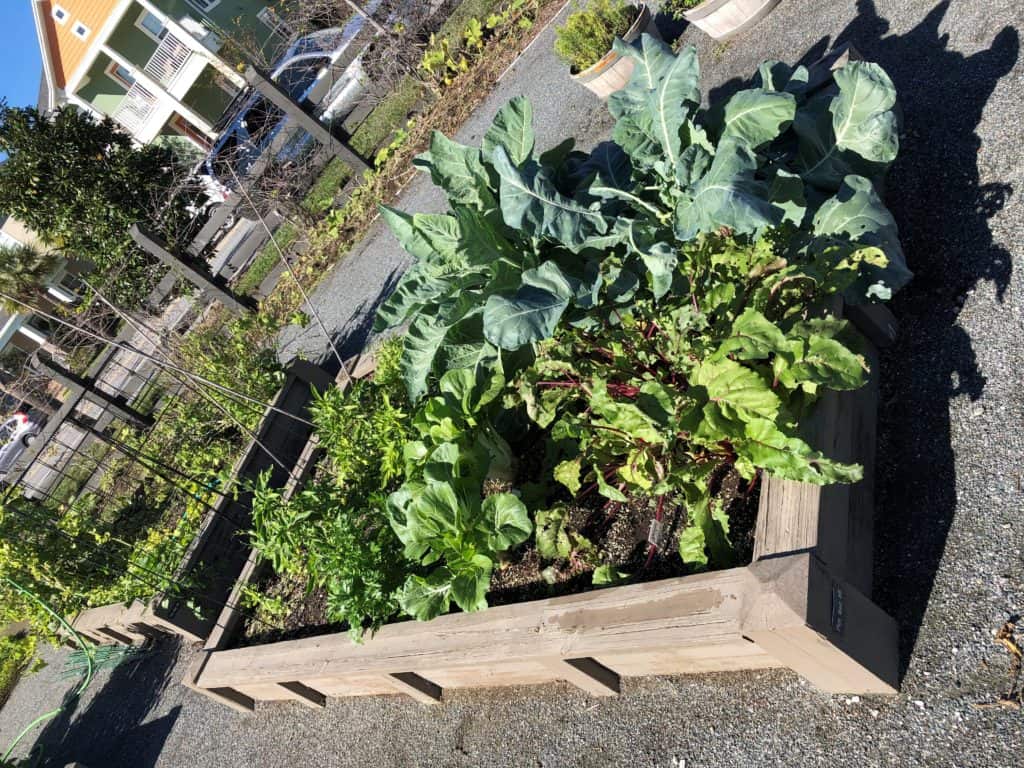
The next time something hurts or you don’t feel well, instead of searching the internet for a prescription, search for the natural remedy and give it a try. Since we’re entering Florida’s “brutal winter,” here are some common remedies to help us through the cold and flu season. First, gargle with saltwater to clean out the viral fluids in the throat. Then, take a teaspoon of honey to soothe a cough. In addition, consume foods with vitamin C like oranges or green and red peppers that can give the immune system a boost when you need it the most.
Is it any wonder that the further away we get from these whole foods the more we struggle with our overall health? The most important thing to know is that the fresher food is, the better it is for you. If you can grow your own vegetables, they will have the highest nutrient value and the best taste you can get. It doesn’t get any fresher than from your own backyard!
Amber Harmon is the Owner of My Nona’s Garden, where we sell and service low-maintenance, elevated, organic vegetable gardens. Our organization has a mission to bring health, promote growth and provide vegetable gardening education to local communities, one garden at a time. Visit www.MyNonasGarden.com for more information.
“We make organic vegetable gardening easy!”
